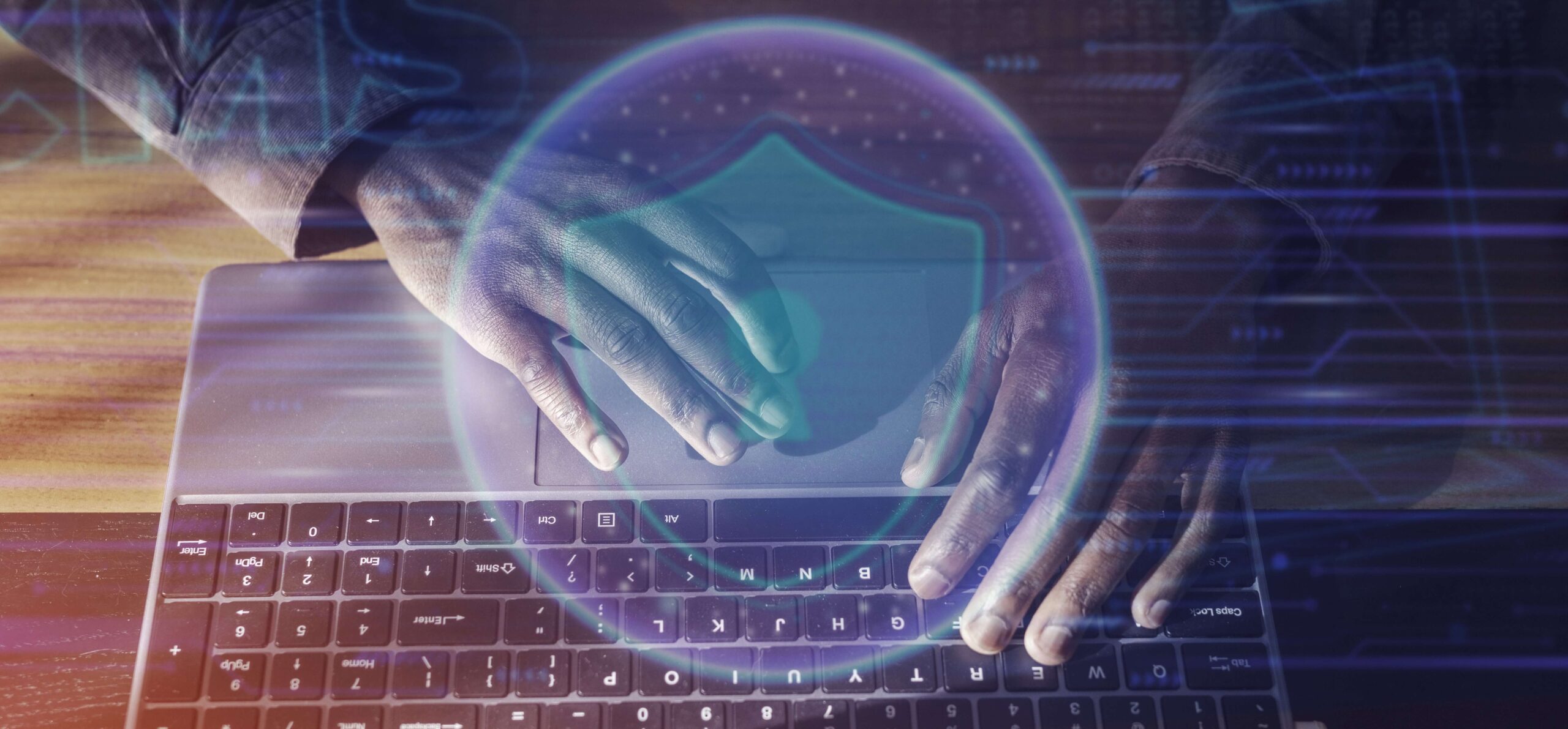What is Cyber Crime Investigation ?
Cyber crimes can be defined as the illegal usage of any communication device to commit or facilitate in committing any illegal act .Cyber crime is explained as a type of crime that targets or uses a computer or a group of computers under one network for that purpose of harm.Cyber crimes are committed using computer and computer networks they can be targeting individuals,business groups,or even governments. Cyber crime investigation is the process of identifying,analyzing,and responding to criminal activities that occur in the digital domain.It involves gathering and Analyzing digital evidence to understand how cyber crimes were committed who the perpetrators are and to build a case for prosecution.
cyber criminals can be individuals who are trading in illegal online content or scammers or even drug dealers.
So, Here are some examples of cyber criminals:
- Black hat hackers
- Cyber stalkers
- Cyber terrorists
- Scammers
Cyber crime investigation play a virtal role in the modern world,addressing emerging threats and helping to maintain the safety of our digital spaces.They encompass the identification,examination,and legal action against a broad spectrum of illicit activities in the digital sphere,including:
- Hacking
- Phishing
- Malware attacks
- Online fraud
How digital forensics is used to investigate various cyber crimes
- Identifying,analyzing,and tracking digital evidence to uncover the perpetrators and their motives.
- Learning about the case and assessing the situation.
- Conducting the initial investigation.
- Identifying potential evidence.
- Securing devices.
- Obtaining court orders.
- Analyzing results with the prosecutor.
Phishing
Phishing attacks are the practice of sending fraudulent communications that appear to come from a reputable source. It is usually done through email. The goal is to steal sensitive data like credit card and login information, or to install malware on the victim’s machine.
Evidence Collection: Digital forensics specialists collect evidence related to phishing attacks, such as phishing emails, spoofed websites, and any malicious payloads associated with them.
Email Header Analysis: They analyze email headers to trace the origin of phishing emails, which may involve examining source IP addresses, email routing information, and timestamps.
Website Forensics: Forensic analysis of phishing websites involves examining HTML code, server logs, and registration details to identify the attacker’s infrastructure and methods.
User Interaction Analysis: Digital forensics helps in analyzing user interactions with phishing emails and websites, including login attempts, data entry, and other actions that may reveal sensitive information.
Malware Attacks
Malware attacks are any type of malicious software designed to cause harm or damage to a computer, server, client or computer network and/or infrastructure without end-user knowledge.
Malware Analysis: Digital forensics experts conduct in-depth analysis of malware involved in attacks, including examining code, behavior, and propagation mechanisms.
Memory Forensics: Memory forensics is utilized to analyze the runtime behavior of malware in compromised systems, identifying processes, network connections, and other malicious activities.
Artifact Analysis: Forensic analysis of infected systems involves examining artifacts such as registry entries, file system changes, and network traffic to determine the impact of malware on the victim’s environment.
Timeline Reconstruction: Digital forensics helps in reconstructing timelines of malware infection events, including initial compromise, lateral movement, and data exfiltration.
Online Fraud
The term “internet fraud” generally covers cyber-crime activity that takes place over the internet or on email, including crimes like identity theft, phishing, and other hacking activities designed to scam people out of money.
Transaction Analysis: Digital forensics is used to analyze transaction records, financial logs, and other data related to online fraud incidents to identify suspicious patterns and unauthorized activities.
Digital Footprint Analysis: Investigators examine digital footprints left behind by fraudsters, such as IP addresses, device identifiers, and login timestamps, to trace their activities and methods.
Account Forensics: Forensic analysis of compromised accounts involves examining login credentials, session logs, and access patterns to determine how they were compromised and used for fraudulent activities.
Communication Analysis: Digital forensics specialists analyze communications related to online fraud, such as emails, chat transcripts, and social media interactions, to identify perpetrators and their accomplices.
Conclusion
Cyber Crime Investigations are indispensable in the modern era, serving as the front line defense against a wide array of digital threats. By leveraging digital forensics techniques, investigators can meticulously identify, analyze, and track digital evidence to uncover cyber criminals and their motives. From phishing attacks to malware incidents and online fraud, these investigations play a vital role in safeguarding our digital spaces and prosecuting those who seek to exploit them. Through thorough evidence collection, analysis, and collaboration with legal authorities, cyber crime investigations help maintain the integrity and security of our digital infrastructure, deterring future criminal activity and upholding the rule of law in the digital domain.
Discover more from Amigo Cyber
Subscribe to get the latest posts sent to your email.
-
Previous Post
Digital Forensics in Corporate Investigations











